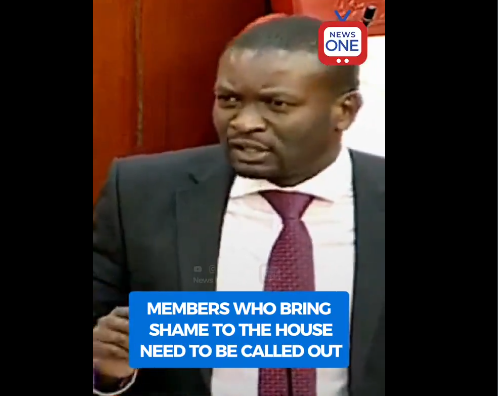In recent discussions within the Kenyan Senate, Edwin Sifuna, a prominent member of the opposition, sharply criticized Senator Samson Cherargei over his proposed bill to extend presidential and other elected leaders’ terms from five to seven years. Sifuna questioned the motivation and ethics behind Cherargei’s suggestion, which has sparked substantial controversy.
Many see the bill as a potential step toward undermining Kenya’s hard-won democratic principles, particularly regarding term limits that aim to prevent political monopolies and unaccountable leadership.
The ruling United Democratic Alliance (UDA), led by President William Ruto, has firmly opposed Cherargei’s bill.
UDA Secretary-General Hassan Omar labeled the proposal “self-serving” and argued that it runs counter to the aspirations of Kenyans who value regular leadership changes.
He called the bill a form of “political delinquency” and stressed that term limits are crucial for democratic accountability.
UDA leaders like Aaron Cheruiyot have further distanced the party from the bill, labeling it a private member’s initiative that lacks official support from the party and focusing instead on addressing pressing national issues.
This bill also proposes to grant the Senate greater oversight by allowing it to vet and approve certain high-ranking state officials, a power currently held by the National Assembly.
However, the debate surrounding term extension has overshadowed these provisions, with many questioning whether such a bill reflects the broader interests of Kenyan citizens or primarily serves the ambitions of specific political figures.
As the proposal moves forward, public and political scrutiny remains high, and opposition leaders like Sifuna are vocal in challenging any move perceived as a threat to Kenya’s democratic foundations.


